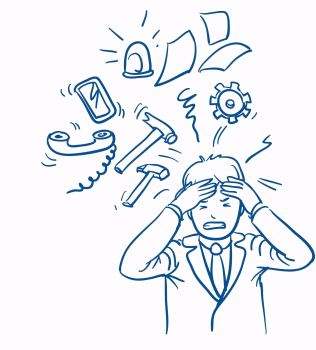What 5 a Day can Tell us About Managing Stress
Posted on

Since the campaign was introduced in 2002, Five-a-Day has become part of our shared language. We know that we should eat at least 5 portions of fresh fruit or veg each day. But how many people do you know who actually do?
Knowing what we should be doing, and doing it consistently are not the same. We don’t always do what’s good for us, and that’s the biggest drawback to trying to manage stress. Because whatever method you choose – prioritising, taking time to be mindful, talking things through with someone supportive – it requires doing something differently, and doing it consistently enough to maintain the results.
So when you’re relying on managing, the stress tends to yo-yo. Just like dieting, just as ineffective, and just as demoralising when you find yourself back where you started, despite the effort you put in. It frustrates me, seeing so much time and effort getting wasted, when managing’s not the only way. Because with the skills to change the way your mind’s processing a stressful situation, you can change its effects without relying on managing them. To experience a taste of how it can work, access my introduction to Skills to Keep Stress Useful CLICK HERE




